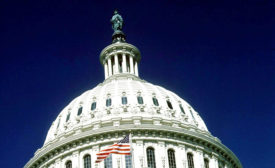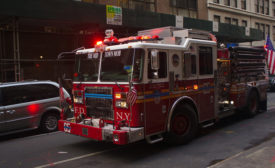Environmental Health and Safety
Retired miners left out of 2016 spending bill
"What is it about these senior citizens Congress doesn’t like?"
December 23, 2015
Become a Leader in Safety Culture
Build your knowledge with ISHN, covering key safety, health and industrial hygiene news, products, and trends.
JOIN TODAYCopyright ©2025. All Rights Reserved BNP Media.
Design, CMS, Hosting & Web Development :: ePublishing






